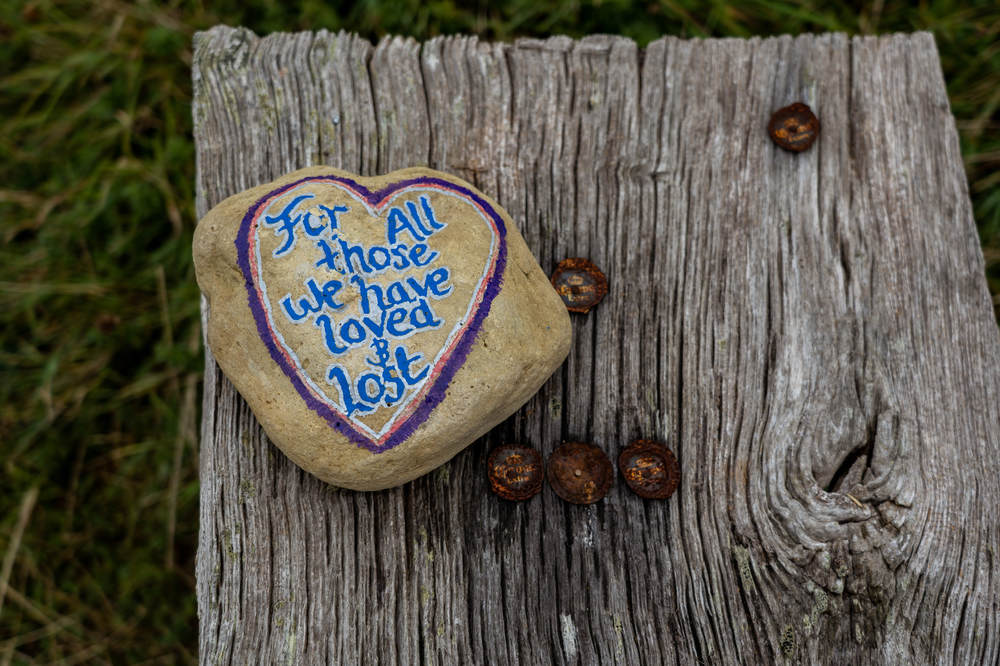Managing the Lasting Impact of COVID Grief & Loss
Grief and loss can take a toll on people at any time, but the past few years have been more difficult. From the high number of deaths to the increased health risks and economic instability, the COVID pandemic has had a profound impact on the world. Specifically, the pandemic has impacted our ability to manage emotions and heal during times of grief. In this blog, we’ll talk a bit about some of the ways that pandemic-related grief and loss are still impacting us.
What Is Bereavement?
Grief is the period of mourning and sadness that follows any kind of a loss. Bereavement is the specific type of grief that relates to the death of a loved one, pet, or even someone you don’t know. Some psychological researchers even believe that the death of a fictional character can trigger the common feelings related to grief and bereavement. For those who experienced the death of a loved one during the COVID pandemic, it has been extremely difficult to go through the natural bereavement and healing process. Because of health restrictions, funerals have been very small, or loved ones have chosen to forego a traditional funeral altogether. Many people whose loved ones died in hospitals (even if they did not die from the virus) were not able to be with their friends or family members at the end of their lives. Even those were lucky enough to get those last moments with their loved ones were often physically distanced during this time.
You get the idea. Bereavement is difficult at the best of times, and the pandemic has certainly not been the best of times. This left many people who are suffering after the loss of loved ones struggling to find ways to process their grief.
What Is Ubiquitous Grief & Bereavement?
In addition to these traditional forms of grief and bereavement, people are also contending with what might be referred to as ubiquitous grief and bereavement. This is common at times of war when people in a community have loved ones who are physically at risk on a daily basis. The pandemic has left many of us dealing with the fact that that we, or our loved ones, are at significant health risk every day. We have watched the number of losses in the U.S. and globally grow over the past several years, and it has taken its toll, leaving many people struggling to process and move forward from their profound sense of grief even if it wasn’t directly related to them.
Do Other Types of Loss Impact Us the Same Way?
Those individuals who have not lost anyone to death during the COVID pandemic have experienced other losses. Many people lost employment during the pandemic. Others missed out on time with loved ones. There are many forms of loss experienced at this time that aren’t directly related to loss of life, but these profound losses still impact us. Even the most resilient individuals may have difficulty coping.
What Can We Do to Manage Pandemic Grief & Loss?
It may sound like toxic positivity, but if you’re feeling down or struggling to cope with pandemic grief and loss, it can help to take some time every day to find things you’re grateful for or bright spots from the past few years. Did a loved one send a sweet card that you still cherish? Did you develop a closer relationship with a friend who lives farther away thanks to all that pandemic video chatting? Really take some time to think about some of the positive experiences you’ve had during the pandemic. Let yourself sit with these positive emotions the same way you may be sitting with feelings of grief and loss.
Another great option is to talk with a therapist. Therapy can help you find a safe space and set aside time to process the emotions you’re experiencing. Therapists can also help you develop strategies to cope with feelings of loss and begin to experience a greater sense of joy in daily life. We know it’s difficult, but when you’re ready, we’re here to support you throughout the grieving process. Contact our office to learn more schedule your first session.


